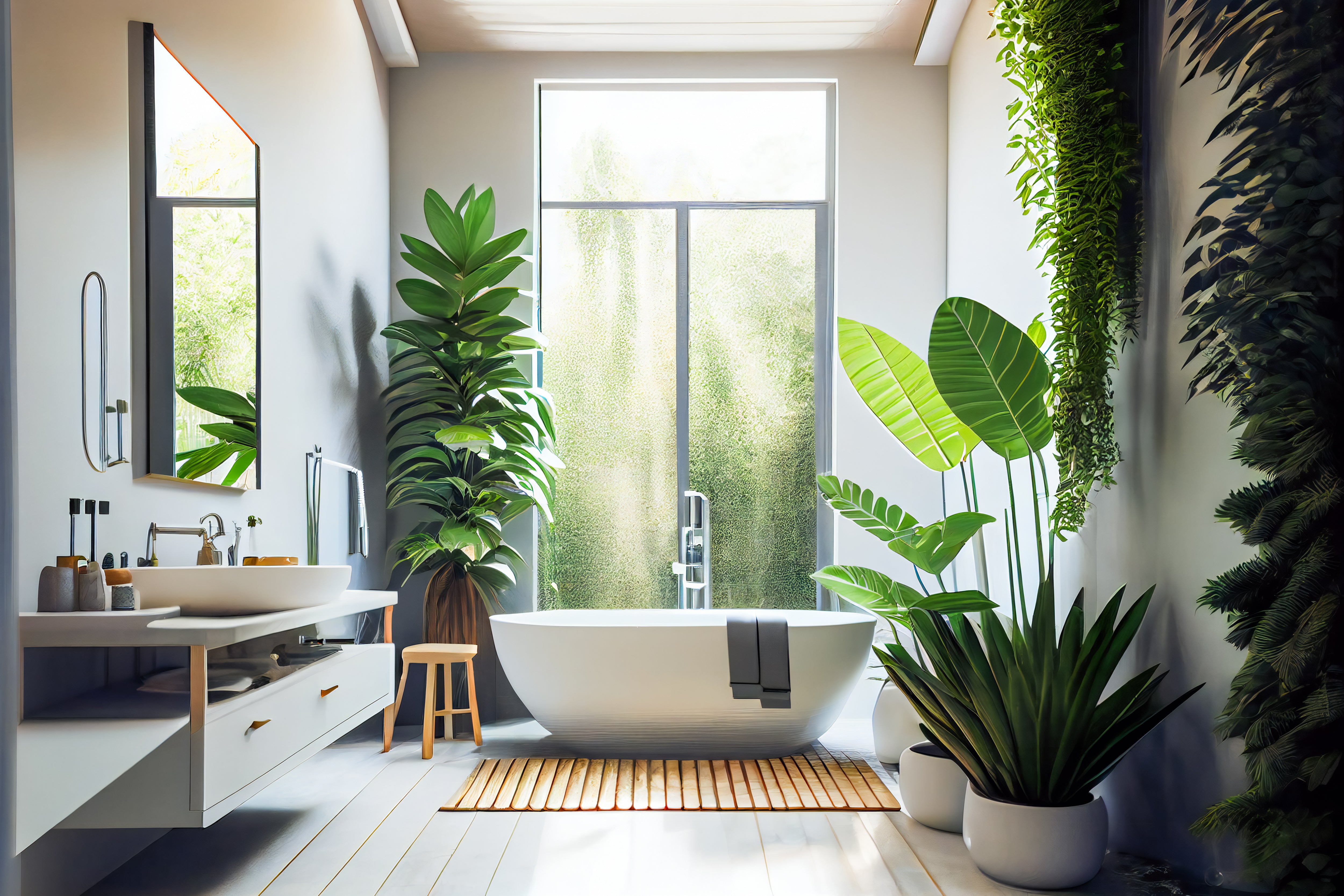Not all homes have the luxury of bright, sunny windows. If you live in a small apartment or have a home with limited natural light, you may be wondering what houseplants you can grow. The good news is that there are many beautiful and easy-care houseplants that can thrive in low-light conditions.
In this guide, we will discuss some of the best low-light houseplants, as well as tips on how to care for them.
What are low-light houseplants?
Low-light houseplants are plants that can tolerate low levels of light. These plants are often found in shady areas of the forest or jungle, and they have adapted to survive in low-light conditions.
There are many different types of low-light houseplants, including ferns, succulents, and tropical plants. Some popular low-light houseplants include:
- African violet
- Boston fern
- Chinese evergreen
- Snake plant
- ZZ plant
- Philodendron
- Pothos
- Spider plant
- Peace lily
- Rubber plant
How to care for low-light houseplants
The key to caring for low-light houseplants is to provide them with the right amount of light, water, and fertilizer.
Light: Low-light houseplants need to be placed in a location that receives indirect sunlight. Avoid placing them in direct sunlight, as this can scorch their leaves.
Water: Low-light houseplants should be watered when the soil is dry to the touch. Overwatering can lead to root rot, so it is important to be careful.
Fertilizer: Low-light houseplants should be fertilized once a month during the growing season (spring and summer). Use a balanced fertilizer that is diluted to half strength.
With proper care, your low-light houseplants will thrive for many years to come.
Additional tips for caring for low-light houseplants
Here are some additional tips for caring for low-light houseplants:
- Mist the leaves of your plants regularly to increase humidity.
- Place your plants on a pebble tray filled with water to help retain moisture.
- Rotate your plants every few weeks to ensure that they receive even light.
- Remove any dead or dying leaves to encourage new growth.
With proper care, your low-light houseplants will thrive for many years to come.






